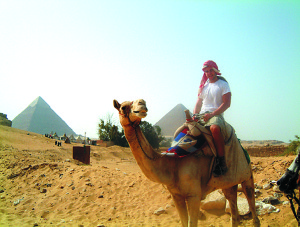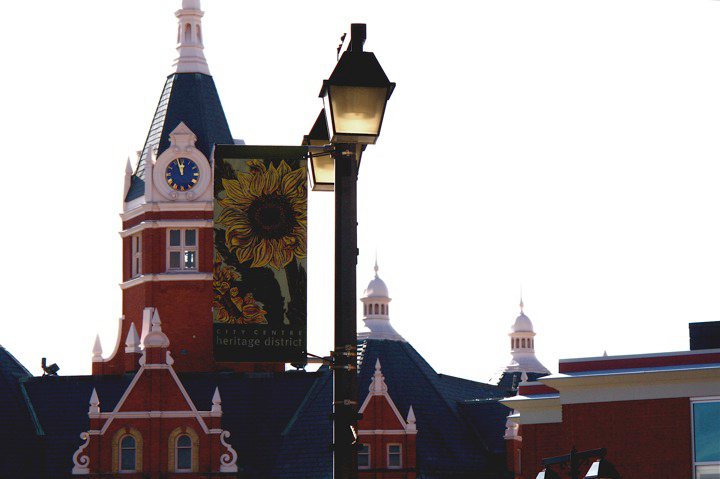 I was fortunate to locate and liaise with members from the University of Glasgow’s Urban Studies Department. My primary contact and later advisor, Dr. Iain Docherty, aided me with developing my proposal. Dr. Docherty’s dissertation was an analysis of the regional governing deficiencies of the fragmentized southern cities in the UK with a comparison to the regional council of Glasgow. This would later be a great help concerning my project. With the counsel of Dr. Docherty and another contact from the University of Aberdeen, Dr. Jon Shaw, I was able to develop a project which would coincide with Dr. Shaw’s. This project was to be an analysis of the effectiveness of European transportation sustainability movement on UK cities. My function was to be primarily that of a research assistant.
I was fortunate to locate and liaise with members from the University of Glasgow’s Urban Studies Department. My primary contact and later advisor, Dr. Iain Docherty, aided me with developing my proposal. Dr. Docherty’s dissertation was an analysis of the regional governing deficiencies of the fragmentized southern cities in the UK with a comparison to the regional council of Glasgow. This would later be a great help concerning my project. With the counsel of Dr. Docherty and another contact from the University of Aberdeen, Dr. Jon Shaw, I was able to develop a project which would coincide with Dr. Shaw’s. This project was to be an analysis of the effectiveness of European transportation sustainability movement on UK cities. My function was to be primarily that of a research assistant.
During the first week, I became familiar with the city of Glasgow, shopped for necessary supplies, settled in at my flat, spent some time in the library, and consulted with my advisor. It was at this time that I realized that the project that I set up with Dr. Shaw would not be feasible because of new circumstances affecting Dr. Shaw’s responsibilities. I had to develop a project that was not dependent on anybody else’s work, and I had to do it fast. Dr. Docherty and I were then able to set up a completely new project that would be my own. Dr. Docherty’s advice and assistance were still a great help as well as the services of the department even though my project became an independent one.
I spent the next couple weeks completing a new bibliography and theoretical framework. Most of the books were recommended and even loaned to me from my advisor. These works and lunches with Dr. Iain helped give me the insight and knowledge that I would need later to complete the interviews successfully. The project was now to take place solely in Glasgow, studying the effects of the new, “informal” regional government using the sustainable transport issues as a guide to assessing the government structure and governance of those involved.
After a month or so of preparing and reading, I sent formal letters requesting interviews with public officials at the direction of my advisor. I had a good response rate due to the relationship these people had with my advisor. I performed the interviews over the next four weeks and transcribe them into electronic text. These interviews were very productive and contributed greatly to my project.
Cairo was a completely different experience with its own acquaintances and experiences. This I did with my own resources as a side trip that I had always wanted to take. The climate change was very extreme, going from sixty degrees Fahrenheit for a high in Glasgow to over one-hundred in Egypt, was quite extreme. I was able to take in many of the typical tourist attractions including the pyramids and the Egyptian museum. I was also lucky to meet a family from Giza that invited me to stay with them to see life in the countryside and even an Egyptian wedding. I was glad that I took the time to experience such a trip because it was unlike any other European destination that I have encountered.
I had a most excellent and academically beneficial time. I feel that I was able to find a good balance between enjoying the different opportunities offered by studying away from home; such as meeting new people, and developing and executing a successful undergraduate thesis project. I cannot think of a better way to spend three months. I was given the chance to perform research with the guidance of experienced and brilliant minds as well as see part of the world culture and the people that compose a large international community. This experience has undoubtedly changed the way I view life, people, and even my academic studies in planning, pubic administration, and politics. I am very grateful that the Honors Program at the University of Michigan-Flint has given me the opportunity to broaden my horizons and prove myself academically for the betterment of myself and the public which I will one day serve.
